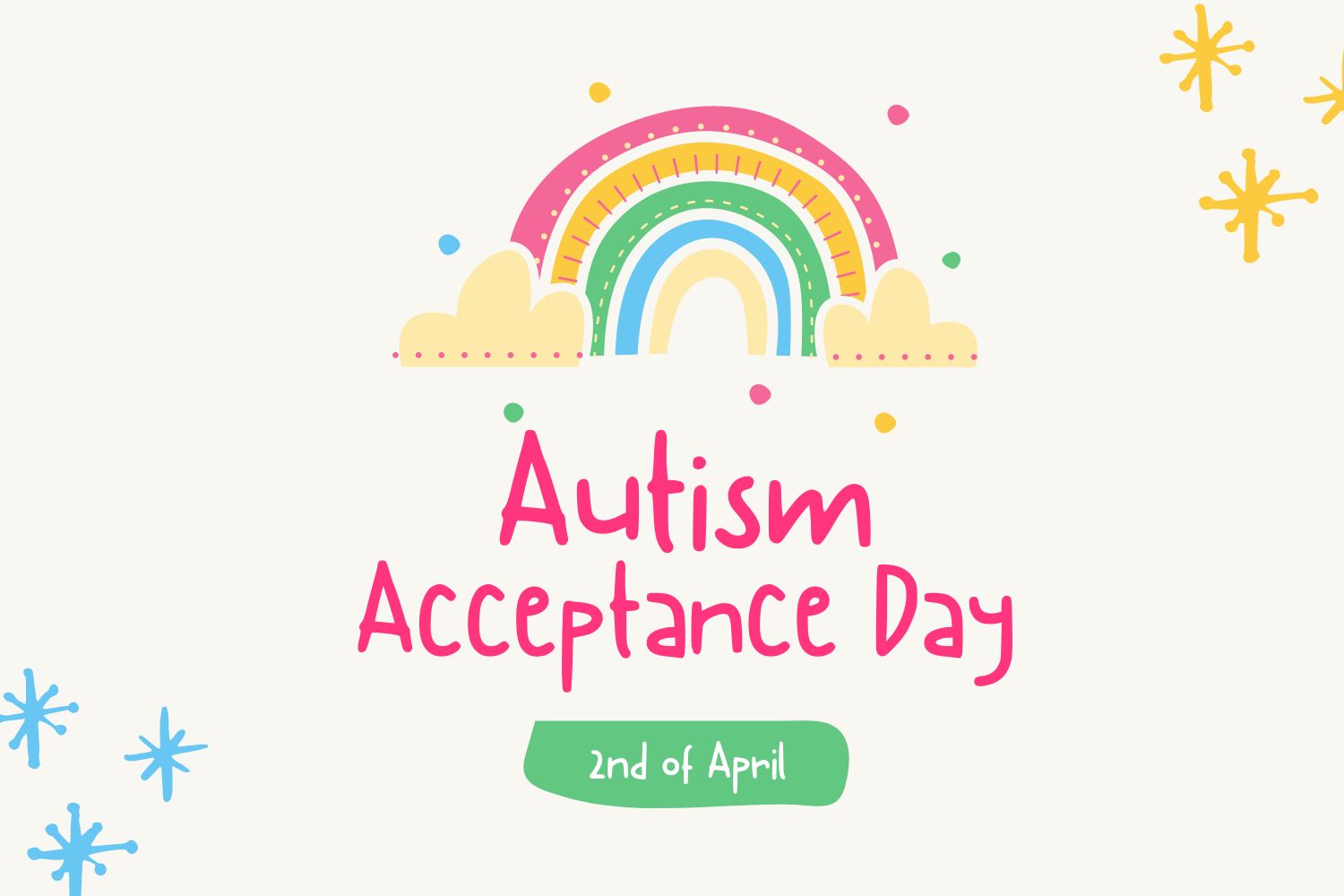Pretty much all my life, I have felt like I don’t fit in. For years, I had thought that it was because I was a missionary kid from 5 to 8 and my social struggles were me having trouble adjusting to life back in Australia. I tried so hard to fit, and it didn’t work.
When I was a teen, my dad discovered the Myers Briggs Type Indicator and we worked out that I am INTP, a rare type. This helped a little to understand myself, however I still tried so hard to fit in, and it didn’t work. Part of that was I wasn’t encouraged to embrace my neurotype, instead I was told that I had to get better at making decisions (part of being a P).
A couple of years ago, one of my friends posted on social media that she had been diagnosed ADHD and described some of the traits that had lead to this diagnosis. I thought ‘That sounds like me!’ and decided to seek a diagnosis for myself.
In 2022, around Easter, I had my assessment and received a diagnosis of autism and ADHD! This was full of mixed feelings.
First that I had never considered I was autistic, so that was a surprise. Second I felt like I finally had answers to why my brain was the way it was and that was huge. I wasn’t broken, I was wired differently!
Growing up, I read The October Child by Eleanor Spence. It won the CBCA Book of the Year in 1977, the year I was born, and that was essentially all I knew about autism. During the 1980s and 1990s, autism and ADHD were seen as essentially a behavioural issue, mostly in young in boys. Quiet, intelligent girls who were sensitive and followed the rules were left to their own devices.
When I saw the neuropsychologist as part of my diagnosis, she went through my school reports and pointed out the signs – I was sensitive, needed extra encouragement, struggled to get work in on time, among other things. All these things had been seen as things I just needed to work harder at, and I did work hard. I did everything that was expected of me, but it never seemed to be enough.
Over the last 20+ years, I have seen numerous psychiatrists, psychologists and counsellors, including an inpatient stay for post-natal depression, and none of them looked beyond the surface to identify neurodiversity. Every time I was diagnosed with depression, it didn’t feel right, but I couldn’t work out why. I would get more and more frustrated that anti-depressants only made me put on weight and I’d talk about stuff with counsellors and nothing would change.
Autism acceptance is important. I don’t look autistic. I don’t fit the stereotypes. Even as a child, I didn’t fit the stereotypes.
For me, the first step has been accepting that my brain is wired differently, and that’s a process. I have done so many things in my life because of that amazing brain. I started the first mums in business network in Australia because my brain saw a problem that needed solving. The writers groups I run also fit a need that is there in the community. The quirky stories that I write are also testament to my amazing brain.
Autism is not a stereotype. It is a way that brains are wired, and everyone is different. I’m still learning about my brain, what works and what doesn’t, and it’s an exciting adventure. I’ve shared a little on this blog, and I’ll share more as I get around to it. One day, I want to write my own memoir and share my story… watch this space.

Leave a Reply